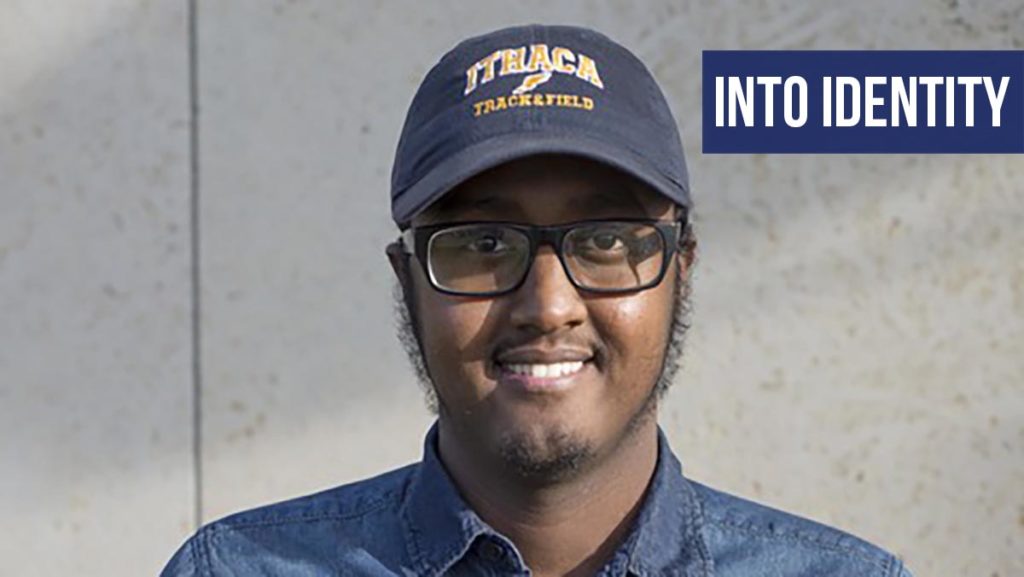In elementary school, I was bullied by other kids for wearing traditional Somali clothing, bringing home–cooked meals for lunch and smelling of uunsi — a staple incense Somalis use to fragrance their home. My tormentors would refer to me as “smelly African,” “nappy–headed,” “African booty scratcher,” and tell me to “go back home.” I became embarrassed to engage in any cultural activities that called the slightest attention to my ethnicity. The most bewildering aspect of it all was the fact that some of my bullies were other black students who seemed to attack me because of cultural differences. We share the same skin color — shouldn’t you be on my side? I always wondered.
Because of this bullying on the part of other black students, I began to seriously question facets of my cultural and racial identity. These are immensely complex topics that I can discuss endlessly. For that reason, I want to focus specifically on the rift between African versus African-American identities, an aspect I’ve struggled with profusely.
As an immigrant from Kenya born to Somali parents, I have seen firsthand the divide between African immigrants and African-Americans. This division, which is largely rooted in misunderstanding and ignorance, is most evident in schools where kids often make crude jokes about one another’s racial and ethnic identities. Sometimes, this rift can lead to outright violence. In 2013, a fight broke out at a Minneapolis high school between Somali and black students.
Personally, this rift has left me uncertain about my cultural and racial identity. Do I identify as black, African or Somali-American? Back then, I used to dislike being called “black” because I believed it put the focus away from my Somali heritage. However, I’ve grown to learn that “blackness” is not a monolith, and that it covers all people of African descent. Do such distinctions matter? Maybe. It matters in the sense that African immigrants may not necessarily share the same histories and experiences as African-Americans. But at the same time, black and African immigrants often contend with the same challenges, particularly racial terror — slavery, colonialism, racism. All three terms — black, African, Somali-American — now suit my identity because there isn’t a singular iteration to express blackness. This rift between black immigrants and native-born black people will perhaps continue to exist, but being exposed to it has put me in touch with both my Somali cultural roots and my black racial identity.






